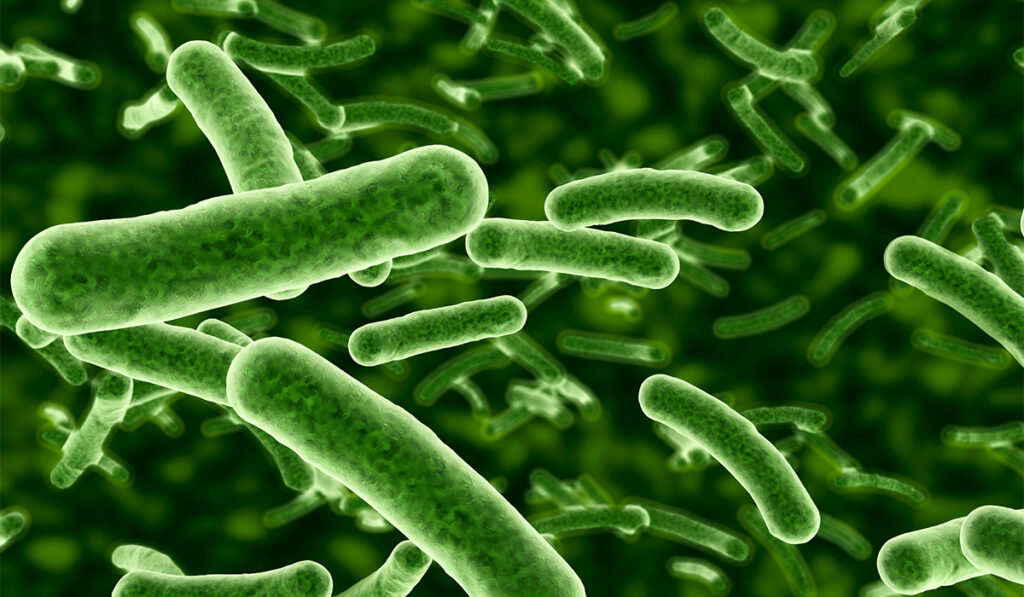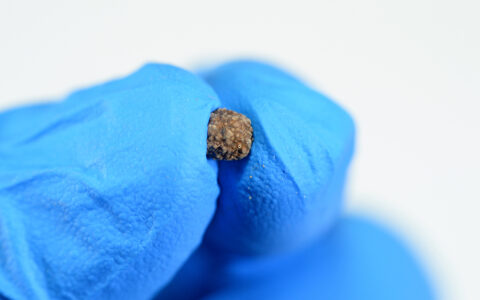Acidic conditions can be a lethal blow to microorganisms. So, how is it that uropathogenic E. coli, responsible for over 75 percent of urinary tract infections (UTIs), can survive the acidic environment of the vaginal space to ascend and reach the urinary tract?
New research from microbiologist Maria Hadjifrangiskou, Ph.D., and colleagues at Vanderbilt University Medical Center suggests a novel mechanism – and potential new therapeutic targets.
“We show that uropathogenic E. coli can import the amino acid serine and then cleave it to make ammonia, a weak base that may buffer the bacteria’s intracellular pH,” said Hadjifrangiskou.
The study, reported in mBio, is one of the latest from Hadjifrangiskou’s team at Vanderbilt studying urinary E. coli and UTIs.
Amino Acids and pH
The overall strategy of importing and metabolizing amino acids to alter bacterial pH is not unique.
However, most studies investigating acid tolerance in E. coli have focused on non-uropathogenic strains in which a different chemical reaction is thought to be the key acid-resistance strategy, say the researchers. This reaction, decarboxylation, releases the carbonyl group (CO2) from the amino acid, consuming a proton in the process to cause an increase in pH.
In contrast, the study from Hadjifrangiskou’s group identifies serine deamination as a previously unrecognized acid-resistance strategy in E. coli.
“Our study is the first to examine acid tolerance in uropathogenic E. coli and lays the foundation for targeted antibacterial therapies,” Hadjifrangiskou said.
The researchers showed that when E. coli is cultured in an acidic solution, the bacteria internalize serine and activate a stimulus-response system. This system processes serine into ammonia, a strong base that neutralizes acids. Inactivating this system hinders bacterial growth, indicating that the serine-processing system is necessary for E. coli survival in acidic conditions.
Stopping Persistent Infections
Uropathogenic E. coli can persist asymptomatically in patients for years, having the ability to not only colonize the vaginal space but also invade bladder cells and establish residence in the gut. These reservoirs can support recurrent UTIs and increase the risk of severe kidney infection.
Hadjifrangiskou’s team suggests that therapies targeting acid-tolerance strategies could impair the ability of E. coli to form these dangerous hideaways.
“Antibiotic resistant UTIs are becoming more and more common. This study points to a potentially novel approach to treating infections and preventing reinfection,” Hadjifrangiskou said. “However, given that these pathogens harbor multiple acid-tolerance systems, it is important to also understand how and when each system is used. This is the immediate next step in our studies.”





